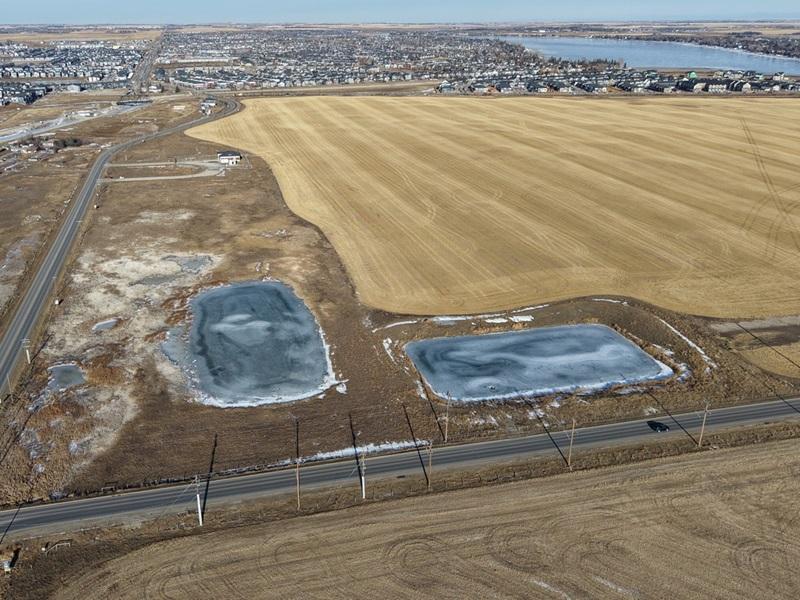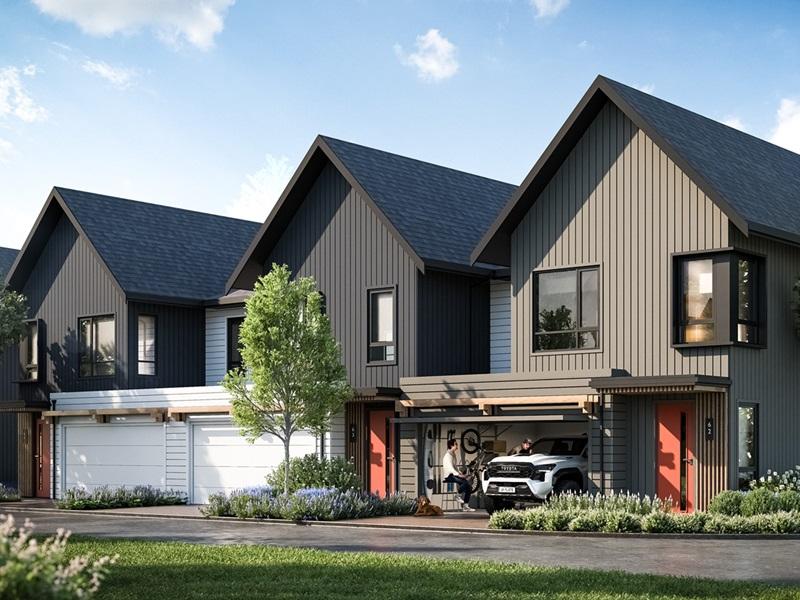
Most renters in Canada do not see themselves buying a property during the next two years, but of those who do, personal savings remain the most popular option for a down payment, a survey from Royal LePage has found.
In its 2024 Canadian Renters Report, the Canadian real estate brokerage and services firm says 51 per cent of renters do not plan to buy a property in the next two years, while 27 per cent see themselves doing so.
Almost seven-in-10 renters said they did not consider buying a property before signing or renewing their latest lease, against 29 per cent which said they did consider ownership as an option.
Affordability challenges remain the No. 1 reason most renters do not see themselves buying a property. Over half (54 per cent) attributed insufficient income as the key barrier to buying their desired home.
“We know that saving enough money, acquiring enough cash for a down payment, is overall the biggest challenge. There’s also the limited availability of the target, entry-level home that these people want,” Phil Soper, the president and CEO of Royal LePage, told RENX Homes in an interview.
The online survey involved 1,506 Canadian adults and was conducted between June 7 to 10.
How prospective homebuyers are feeling
Of the respondents considering buying a property during the next two years, Royal LePage asked how they plan to make a down payment.
Saved cash was the top choice at 53 per cent. The First Home Savings Account was next at 46 per cent - respondents were able to select more than one potential financing source for their down payment. Twenty-nine per cent said they would tap into the Home Buyers’ Plan by withdrawing a portion of their RRSP funds; family gifts made up 16 per cent; then an inheritance at nine per cent.
Forty-four per cent of respondents said they believe they can afford a property in their current city, while 37 per cent said no.
When asked why they remain renters, the lack of a sufficient down payment (41 per cent) was the most common answer, followed by waiting for interest rates to decrease (33 per cent); and for property prices to fall (30 per cent).
Twenty-two per cent said they are planning to buy a property and are renting to save for a down payment, and 20 per cent said they did not qualify for a mortgage or financing.
Affordability is the top factor for renters staying renters
Finances were the main theme behind why people do not plan to buy a property in the next two years. After income, respondents cited the short- and medium-term affordability benefits of renting (34 per cent).
B.C. and Ontario stood out regionally with 61 per cent of respondents attributing insufficient income as why they don't believe they can buy a property in their desired neighbourhood, compared to 54 per cent nationally.
Vancouver and Toronto, home to some of the priciest real estate on average in Canada, are the largest urban areas in those provinces, Soper noted.
But the survey surfaced factors other than just concerns about money. For example, lifestyle (22 per cent) and a desire to not take on the responsibility of maintaining a property (23 per cent) were two of the key reasons, along with other life priorities such as education or travel at 16 per cent. Preferring to spend their money on something else, such as stocks or a retirement plan, made up 11 per cent.
Age also factored into the responses. Of renters aged 55 and older, 79 per cent said they do not plan to buy a property in the next two years, compared to 34 per cent of those aged 18 to 34 and 45 per cent of those aged 35 to 54.
Older renters, Soper said, have become comfortable with renting and understand it suits their income and/or lifestyle. They might also have sold a property they previously owned, to downsize, give up the responsibilities of ownership, or for other reasons.
What renters should look out for
Soper forecasts some relief for renters. While rents have continued to rise due to recent high demand, he said government action to encourage purpose-built rental development could bring down costs if the initiatives can spur additional building construction.
Home prices have been falling during the past two years, Soper added, which will eventually translate into lower rents as it will give land owners more opportunity to increase market supply. Plus, with interest rates starting to drop, potentially making home ownership more affordable and bringing buyers back into the market, rents could decline or the rate of increase could slow due to lower demand.










